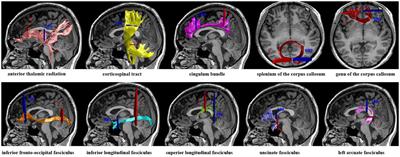ORIGINAL RESEARCH
Published on 22 Aug 2024
Assessment of executive functions using a 3D-video game in children and adolescents with ADHD
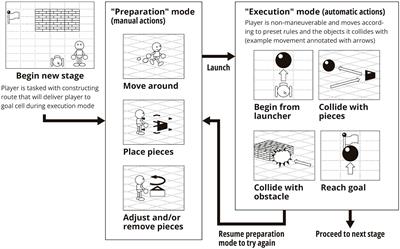
doi 10.3389/fpsyt.2024.1407703
- 1,739 views
6,897
Total downloads
28k
Total views and downloads
ORIGINAL RESEARCH
Published on 22 Aug 2024

ORIGINAL RESEARCH
Published on 01 Jul 2024

ORIGINAL RESEARCH
Published on 03 Jun 2024
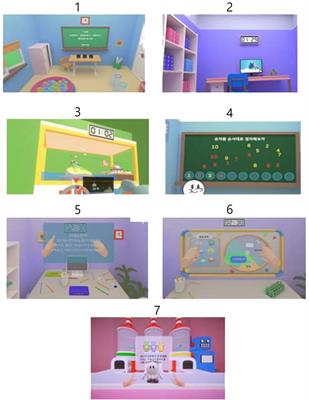
ORIGINAL RESEARCH
Published on 08 May 2024
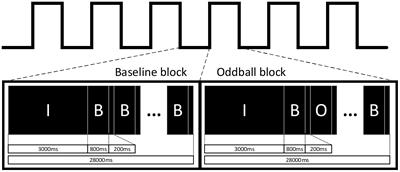
ORIGINAL RESEARCH
Published on 24 Apr 2024
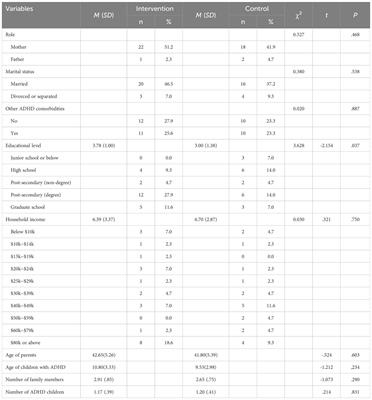
ORIGINAL RESEARCH
Published on 15 Feb 2024
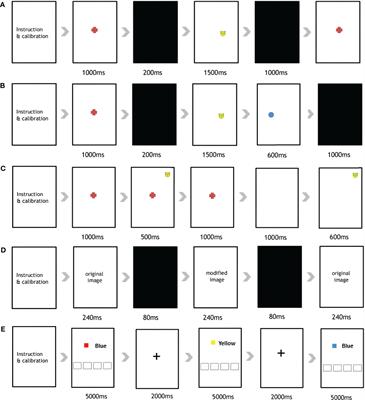
ORIGINAL RESEARCH
Published on 19 Jan 2024
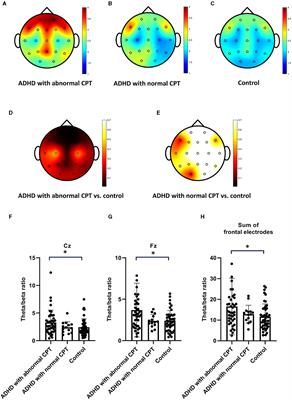
ORIGINAL RESEARCH
Published on 17 Jan 2024
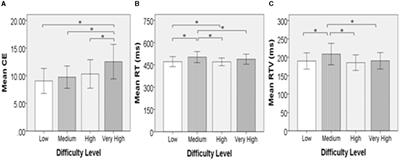
ORIGINAL RESEARCH
Published on 22 Aug 2023
